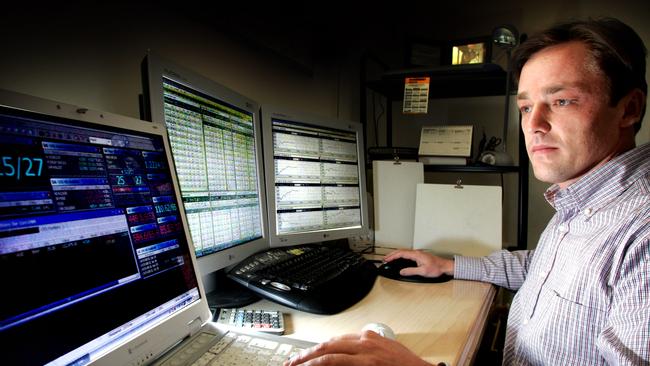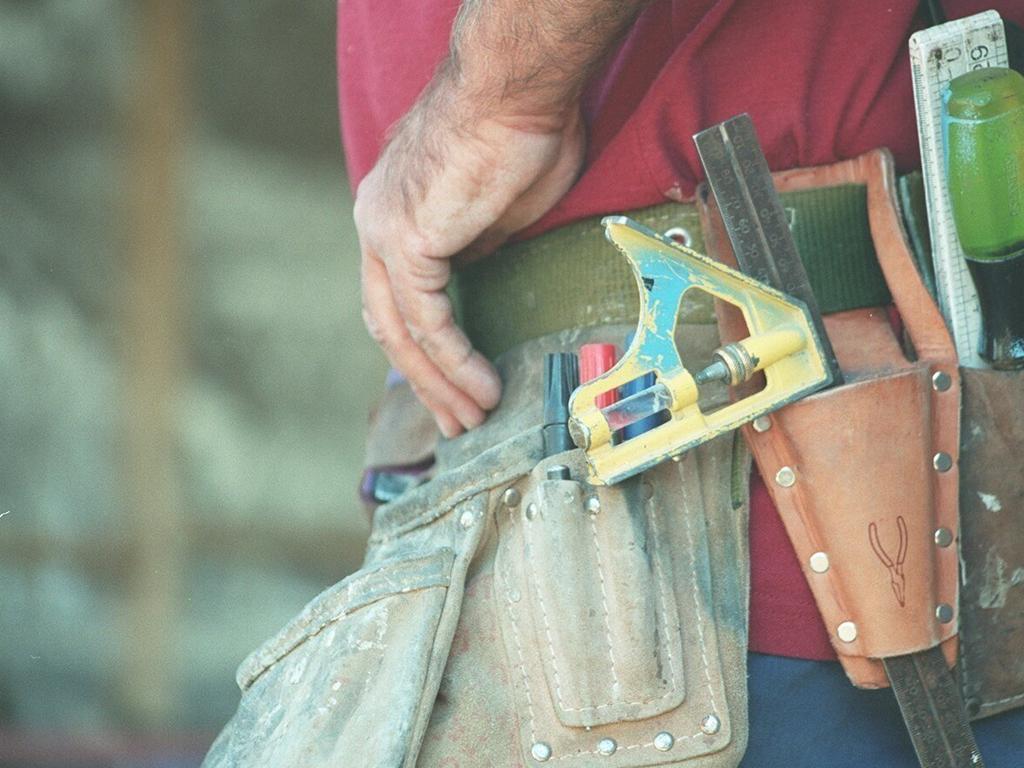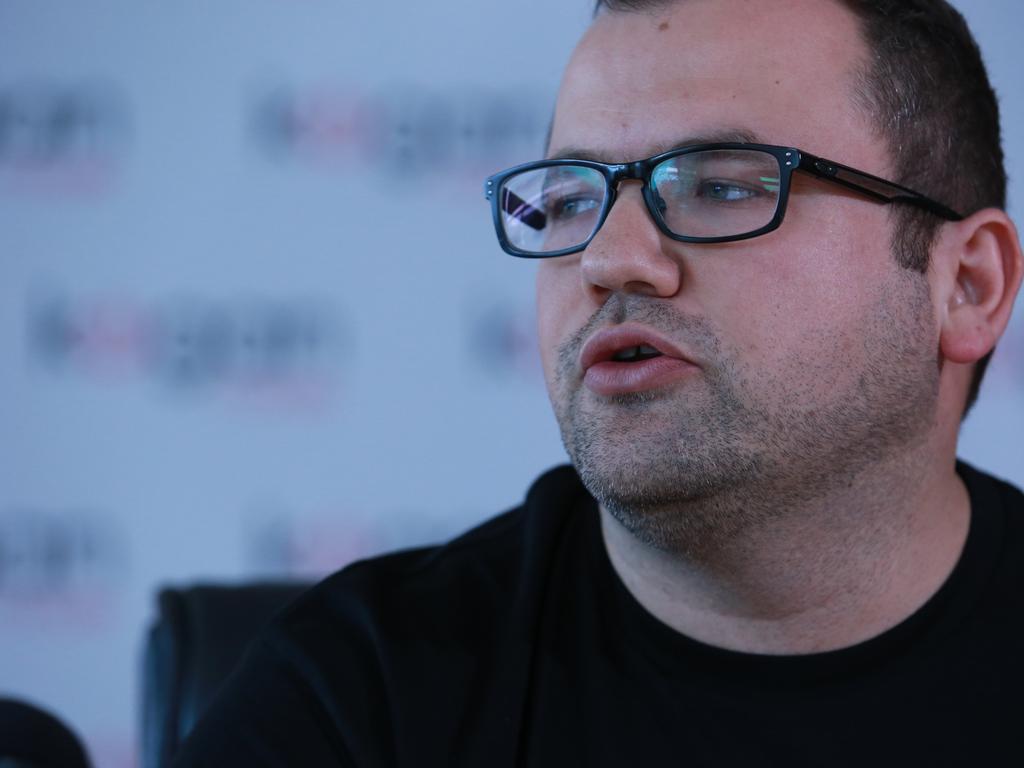Questions raised over Robinhood’s runaway success
The lure of free trading and an easy, fun interface has drawn new investors to the platform.

Few have benefited as much from the convergence of a stock market rally and an economy gripped by pandemic as the trading app Robinhood.
Of the roughly six million online trading accounts opened in the first six months of the year, at least three million were at Robinhood. In June, the privately held start-up processed 4.3 million transactions a day, more than any other US broker and nearly four times as many as rival E*Trade Financial.
The lure of free trading and an easy, fun interface has drawn new investors to the platform.
And it’s not just a temporary mania caused by people being stuck at home. Analysts say there has been a sharp change in retail trading that has not died down, even as the economy starts to open up.
“You’ve created a new base of customers that will likely continue to be engaged in the future, that were not involved in the markets prior,” says JMP Securities analyst Devin Ryan.
Robinhood is at the centre of this shift because it is adding customers at a pace at least three times as fast as its competitors.
Robinhood Markets was founded in 2013 in Palo Alto, California, by Vladimir Tenev and Baiju Bhatt, two Stanford University graduates who had previously begun an algorithmic-trading company.
Robinhood’s biggest selling point was the price for each trade: free.
Nearly a million people signed up before the product was even ready to launch in 2015.
In an industry where signing a new customer can cost several hundred dollars - or, for some companies, over $US1000 - in marketing, Robinhood used waiting lists and rewards for referring friends to speed its expansion. Silicon Valley backers continued giving it higher valuations - from $US1.3bn in 2017 to $US5.6bn in 2018 to more than $US8bn this year.
Along with such rapid growth, Robinhood has come under fire over its technology and the way it encourages trades.
Critics say that the platform motivates users to take on too much risk, comparing it to video games or online gambling. Following the suicide of a 20-year-old Alex Kearns who was trading on Robinhood, six members of the American Congress sent the company a letter that questioned “the ways your platform enables and encourages inexperienced investors to engage in high-risk trading”.
Robinhood co-CEOs Bhatt and Tenev said in a blog post that they were “personally devastated” by Kearns’ death and vowed to make changes to the app’s options notifications.
Trading is remarkably simple, too, and visually compelling. Digital confetti is released for first-time traders, and users “scratch” their screens - not unlike what they would do to a scratch-off lottery ticket—to choose a free stock to start. If they refer friends, they can get more free stocks.
Users are prompted to see what other people are up to, with features that point out the most popular stocks changing hands that day.
A Robinhood spokesman says: “Those who dismiss retail investors as ‘gamblers’ or ‘gamers’ perpetuate the myth that investing is only for the wealthy and highly educated.”
It seems Robinhood traders mostly get their stock tips from other Robinhood traders who share them on social media and elsewhere.
It’s no wonder that in the lonely days after the pandemic hit, those groups became digital gathering spots. Daily trades on the platform tripled in March, versus the total in the fourth quarter of 2019.
Though the surge at first seemed temporary, it didn’t die down. Equity volume now averages more than 10 billion trades a day, up from seven billion last year, says Piper Sandler analyst Richard Repetto, who predicts it’s not going to go down, saying “we’re going to normalise at a lot higher level”.
Robinhood hasn’t always done the best job for clients, however, regulators have said. For more than a year from 2016 to 2017, it didn’t “exercise reasonable diligence” to make sure its customers’ orders were being filled at the best prices, the Financial Industry Regulatory Authority, or Finra, found last year. Robinhood was fined $US1.25m and neither admitted nor denied the claims. The company says it has considerably improved its execution practices since then.
Where does Robinhood go from here? An initial public offering probably isn’t far off.
This is an edited version of an article which first appeared in www.Barrons.com







To join the conversation, please log in. Don't have an account? Register
Join the conversation, you are commenting as Logout